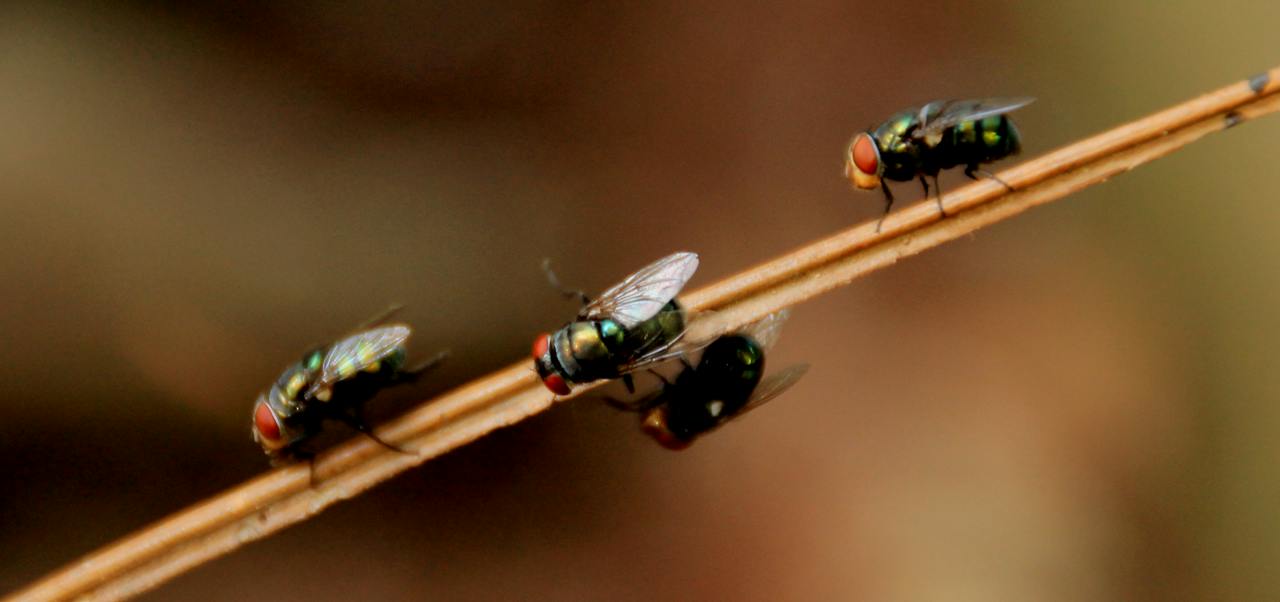Do you want to know “do jumping spiders eat mosquitoes”?. How jumping spiders catch and eat mosquitoes.
Yes, jumping spiders do hunt mosquitoes, they are good food source for jumping spiders.
Want an all-natural way to control disease-carrying mosquitoes in your yard? Encourage jumping spiders!
These agile hunters feast on Aedes, Culex, and Anopheles mosquitoes, reducing their breeding grounds and protecting your family from mosquito-borne illnesses like West Nile, Zika, malaria, and more.
Jumping spiders are a gardener’s best friend. By preying on common backyard mosquitoes, they act as a natural biological control, limiting mosquito populations from flourishing and ruining your summer nights outdoors.
With huge front-facing eyes that deliver their excellent vision, jumping spiders actively stalk and pounce on mosquitoes resting on vegetation, walls, patio furniture, and more in your yard.
Do Jumping Spiders Eat Mosquitoes?

Yes, jumping spiders eat mosquitoes as part of their insectivorous diet. Jumping spiders are very effective predators of mosquitoes.
Jumping spiders don’t spin webs to catch prey. They actively hunt, stalk, and pounce on mosquitoes and other prey. Their excellent eyesight allows them to see and zero in on mosquitoes.
A jumping spider can leap up to 50 times its body length. This allows it to quickly jump on and catch mosquitoes and other flying insects. The rapid jumps give mosquitoes little time to escape.
Jumping spiders are masters of stealth. They can very slowly stalk up to mosquitoes and other prey without triggering any alarms. This allows them to get close before rapidly jumping.
They are found living in many of the same habitats that mosquitoes breed in, like near standing water, shrubs, and woodlands. This brings them into close contact with mosquitoes.
Unlike web spiders, jumping spiders do not rely on mosquitoes getting stuck in webs. They actively pursue and hunt mosquitoes in mid-air and on resting surfaces.
Do House Spiders Eat Mosquitoes?

Yes, many common house spider species eat mosquitoes. Spider species like the house spider, jumping spider, wolf spider, and cobweb spiders regularly prey on mosquitoes that fly or rest inside homes.
Their ability to spin webs or quickly pounce gives them an advantage over mosquitoes in indoor environments. Mosquitoes represent an easy meal and source of nutrients for spiders living in and around human dwellings.
The hunting and consumption of mosquitoes by house spiders can help control indoor mosquito populations. Though not their sole food source, mosquitoes account for a significant portion of many house spiders’ diets.
What Insects Do Jumping Spiders Eat?

Jumping spiders are generalist insect predators and eat a wide variety of insects and related arthropods. Common prey include flies, moths, crickets, roaches, mosquitoes, butterflies, beetles, bees, ants, grasshoppers, and more.
Any insects of a suitable size that jumping spiders can overpower are potential prey. Jumping spiders will adjust their hunting habits and prey preferences based on habitat, seasonality, and abundance.
But with over 5,000 species worldwide, jumping spiders collectively prey on most types of insects. Their excellent eyesight and agility make them adept hunters of other invertebrates as well.
What Kind of Bugs Do Jumping Spiders Eat?
Jumping spiders are not picky eaters and consume a wide variety of crawling and flying insect bugs. They eat any bugs they can successfully hunt and overpower.
Soft-bodied flying bugs like flies, mosquitoes, moths, butterflies, and bees are commonly eaten. They also eat crunchy hard-bodied bugs like beetles, crickets, roaches, and ants.
Other small invertebrates like springtails, aphids, and even larvae are also consumed.
Jumping spiders adjust their diets based on seasonal and habitat-specific bug availability. But with their exceptional eyesight and agility, they can feed on most small crawling or flying bugs they encounter.
What Spider Kills the Most Mosquitoes?
The spider that likely kills the most mosquitoes is the black and yellow garden spider, Argiope aurantia. This orb weaver spins large web traps often in areas with lots of mosquitoes like gardens and meadows.
The webs indiscriminately trap and kill mosquitoes along with other insects. These spiders will eat a large portion of the mosquitoes caught in their webs.
Their webs can contain hundreds or thousands of mosquitoes at a time in high season. Other prolific mosquito killing spiders are fishing spiders, wolf spiders, and cobweb spiders that actively pursue and feed on abundant mosquitoes.
What Does Jumping Spider Eat?
Jumping spiders are voracious generalist insect predators feeding on a wide variety of small invertebrates. Flies, moths, crickets, beetles, grasshoppers, mosquitoes, and bees are common prey.
Basically any insect or bug that the jumping spider can overpower is potential food. Jumping spiders adjust their diets and hunting habits based on seasonal prey availability in their habitat.
With excellent eyesight and agility, they can thrive on most small insects. Jumping spiders do not build webs to catch prey. Their jumping ability lets them pounce on prey from a distance.
What Is the Biggest Predator for Mosquitoes?
Dragonflies and damselflies are likely the biggest predators of mosquitoes worldwide. The aquatic nymph and adult stages feed heavily on mosquitoes.
The nymphs eat mosquito larvae in the water. Adults catch and eat adult mosquitoes in large numbers while flying. One damselfly may eat hundreds of mosquitoes per day.
Other top mosquito predators are birds like swallows and bats that can eat thousands of the insects daily. Spiders also kill many mosquitoes through active hunting and web traps. But the sheer numbers taken by dragonflies and damselflies likely make them the biggest predators.
Do Spiders Get Rid of Mosquitoes?
Spiders do prey on and eliminate many mosquitoes through active hunting and trapping insects in webs. Jumping spiders, wolf spiders, fishing spiders, and orb weavers all help control mosquito populations.
Spiders alone cannot completely get rid of mosquitoes in an area. Their predation just reduces the overall numbers.
Eliminating mosquitoes requires an integrated approach of predators, habitat modification to reduce breeding areas, and eliminating standing water sources where mosquitoes lay eggs.
But spiders remain an important natural control agent to reduce mosquito numbers through steady predation.

Leave a Reply